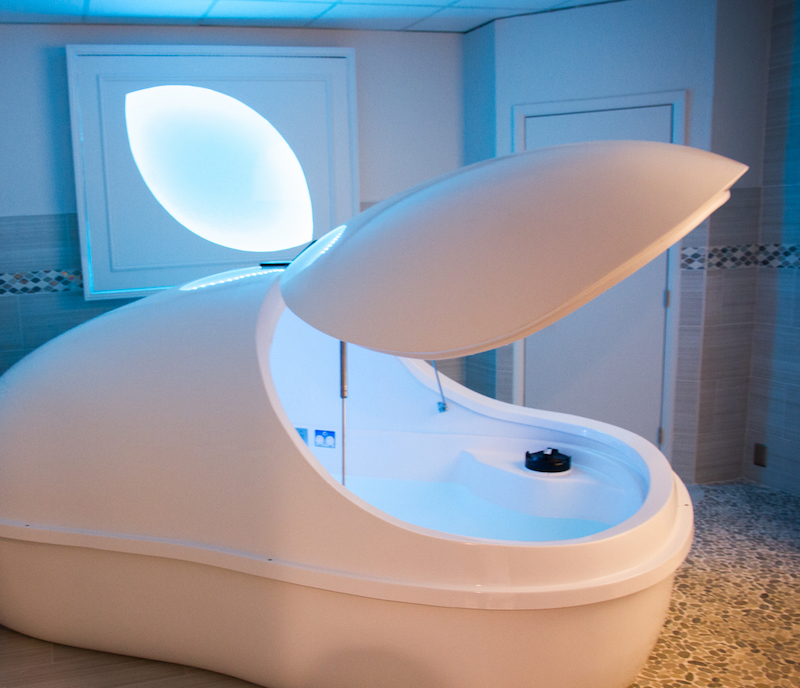Floating Fundamentals: Magnesium
This is Part One of a three-part series exploring the basic elements that make up floating: Magnesium, Flotation, and Sensory Deprivation.
Magnesium
I have had a headache since I was 19 years old. Everyday. For 13 years. Floating is one of the only things that can actually relieve my headache 100%. I believe this is because of 2 factors: flotation, which we’ll discuss in the next part of this series, and magnesium. But just you wait—magnesium is good for much more than headaches...
Magnesium is used in over 300 chemical processes in the body. That makes it pretty stinkin’ important. In fact, it’s the third most abundant mineral in the body behind calcium and phosphorus. Among other things, it assists in relieving muscle tension, facilitating proper nerve function, synthesizing proteins, creating neurotransmitters, and regulating blood pressure and blood sugar.
It can be difficult to test for magnesium deficiencies, though, as only about 1% of it is ever in the bloodstream at any given time, and that amount is closely monitored and controlled. For many, learning the symptoms of magnesium deficiency may be an easier way to identify a potential deficiency.
Symptoms and Benefits
The symptoms of magnesium deficiency comes in many forms, including the following:
Diabetes/Blood Sugar Dysregulation

The benefits of adequate magnesium levels, on the other hand, may include:
Headache relief (of course!)
Decreased Workout Recovery Time
Reduction in Chronic Nerve Pain

Floating Increases Magnesium Levels
Each one of our float tanks contains over 900 pounds of magnesium salt. Studies show soaking in a magnesium sulfate solution increases magnesium levels in the body. Taking in magnesium transdermally (through the skin) prevents any acute gastrointestinal distress that can accompany oral magnesium supplementation, and since our kidneys can filter out excess magnesium, there is no risk of overdoing it.
Have questions? Need more resources? Have a personal story about how magnesium has impacted your life? Connect with us on Facebook, Instagram, and Twitter!
Leave a Reply